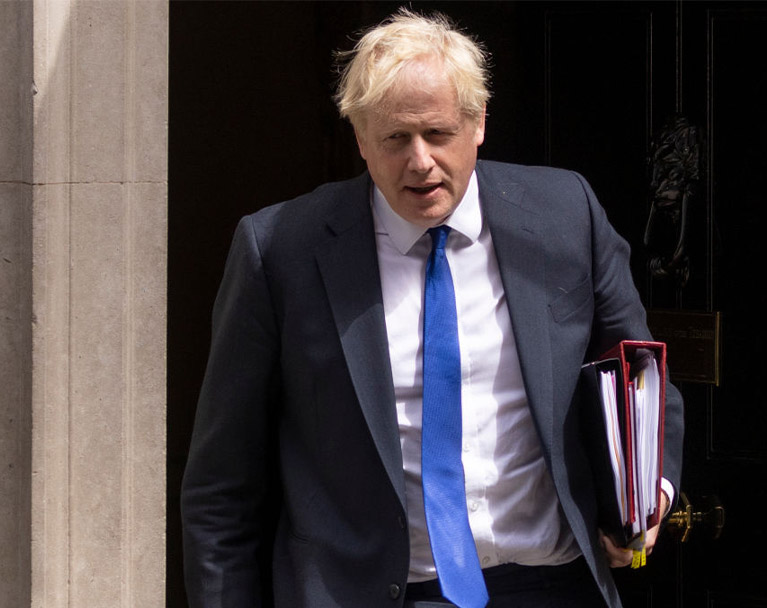Prime Minister Boris Johnson has announced his intention to step down from his position. Following several years during which domestic political events have created volatility in financial markets, clients would be justified in asking what risks we face this time.
First of all, it is worth observing that, for now at least, there is very little prospect of a major directional policy shift. In the past decade we have experienced a number of threats to the UK’s terms of trade ranging from the Scottish Independence and Brexit Referendums to the possibility of a Labour government led by Jeremy Corbyn. Whatever one’s personal opinion on these matters, they were all viewed by market participants as broadly negative for the country and that view was primarily expressed in the foreign exchange markets through selling of the pound. The initial reaction to Mr Johnson’s intended departure has created barely a ripple in currency markets. Indeed, the pound is marginally higher against key currencies such as the dollar and the euro.
Similarly, there is no sign of stress in the government bond market, with Gilt yields trading in line with G7 peers. Around three-quarters of FTSE 100 revenues are generated overseas, and so it is the global economy that will define our headline index’s performance. For smaller companies that are more UK-focused, they are more immediately faced with the cost-of-living crisis and the monetary response of the Bank of England to high inflation.

For now at least, there is very little prospect of a major directional policy shift.
If we assume, for now, that the Conservatives continue to occupy government under new leadership, it is hard to see what policy levers they can pull to make a big difference to the economy, although there is speculation about a reversal of the intention to raise corporation tax and the possibility of more support for lower-income households. Indeed, we would be surprised not to see some attempts to regain favour with the electorate. Such fiscal generosity would tend to underpin inflationary pressures through the demand channel, and so could force the Bank of England into a tighter policy stance.
On the international stage, it is the management of the Northern Ireland Protocol that has the greatest potential to cause upset if it leads to broader trade disruption with Europe. We know that there has been a split in cabinet on this subject and so the future of this agreement will be dependent upon the new leadership.
Recent by-election losses suggest that the Conservative leadership would be disinclined to call an election immediately. Should a general election be called, the uncertainty would, in all probability, lead global investors to demand a higher risk premium to hold UK assets, but the scale of that premium would be limited by the fact that the alternatives to the current regime are not deemed to be extreme. A Keir Starmer-led Labour Party is more moderate in its policies, and it is not clear that any single party can attain a majority. And while the UK electorate has historically had an aversion to coalition government (which the first-past-the-post system tends to help us avoid), there are some attractions to the idea of a senior coalition party’s more extreme ambitions being reined in by a junior partner.
Of course, much will depend upon the identity of the new Prime Minister, and we might have to wait a while for that to be revealed. But, for now at least, there is a very limited market impact observed or expected.

